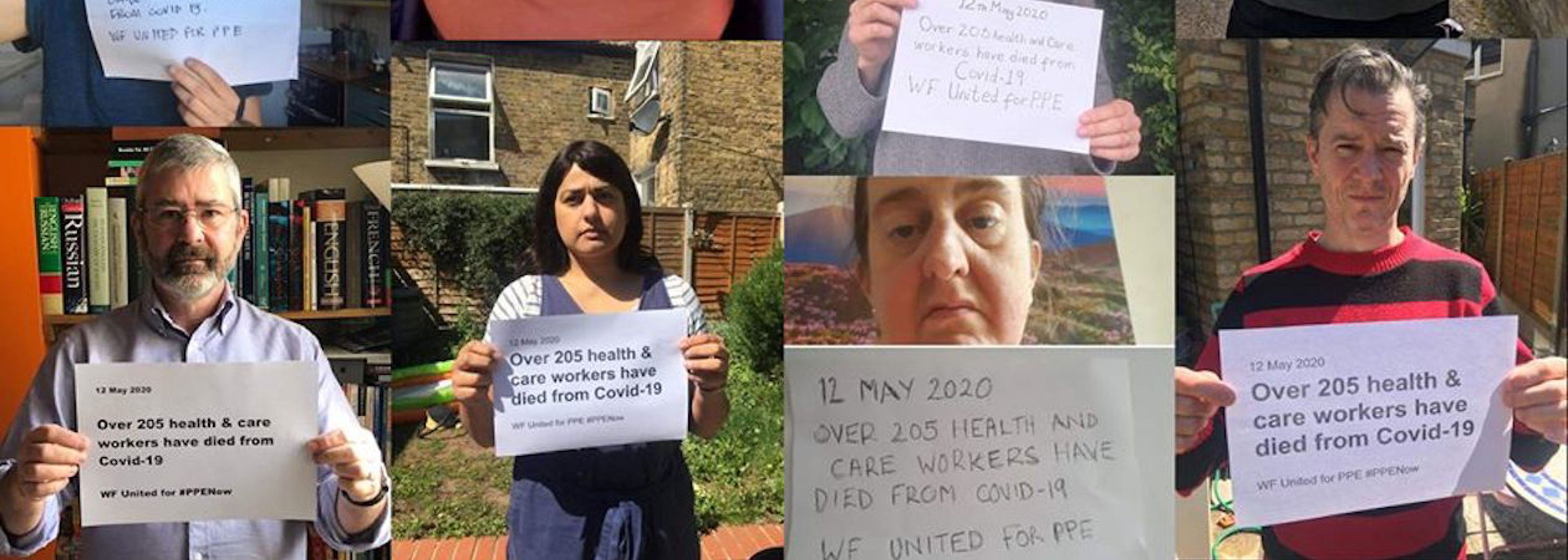Help us create an Environmental Health APPG
Join our campaign by urging your local MP to support the formation of an All-Party Parliamentary Group (APPG) on environmental health.

Calls grow for independent public enquiry into the UK government’s handling of the pandemic.

Help us create an Environmental Health APPG
Join our campaign by urging your local MP to support the formation of an All-Party Parliamentary Group (APPG) on environmental health.